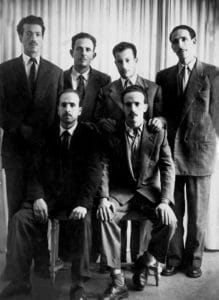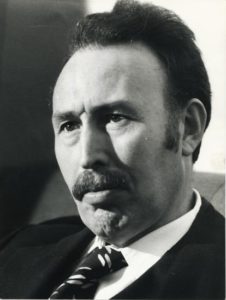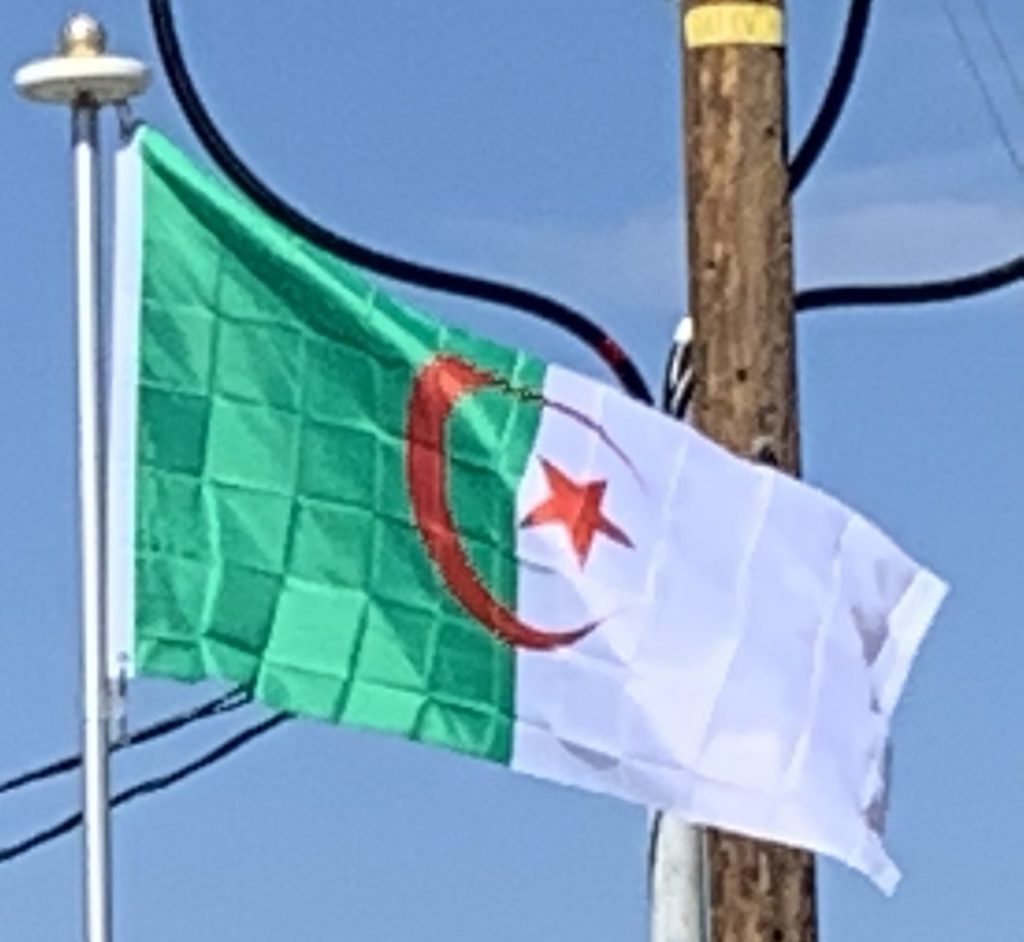
The war led to the death of hundreds of thousands of Algerians and hundreds of thousands of injuries. Historians, like Alistair Horne and Raymond Aron, state that the actual number of Algerian Muslim war dead was far greater than the original FLN and official French estimates but was less than the 1 million deaths claimed by the Algerian government after independence. Horne estimated Algerian casualties during the span of eight years to be around 700,000. The war uprooted more than 2 million Algerians.
The war against French rule concluded in 1962, when Algeria gained complete independence following the March 1962 Evian agreements and the July 1962 self-determination referendum.
The First Three Decades of Independence (1962–1991):
The number of European Pied-Noirs who fled Algeria totaled more than 900,000 between 1962 and 1964. The exodus to mainland France accelerated after the Oran massacre of 1962, in which hundreds of militants entered European sections of the city, and began attacking civilians.
Algeria’s first president was the Front de Libération Nationale (FLN) leader Ahmed Ben Bella. Morocco’s claim to portions of western Algeria led to the Sand War in 1963. Ben Bella was overthrown in 1965 by Houari Boumédiène, his former ally and defence minister. Under Ben Bella, the government had become increasingly socialist and authoritarian; Boumédienne continued this trend. But, he relied much more on the army for his support, and reduced the sole legal party to a symbolic role. He collectivized agriculture and launched a massive industrialization drive. Oil extraction facilities were nationalized. This was especially beneficial to the leadership after the international 1973 oil crisis.

In the 1960s and 1970s under President Houari Boumediene, Algeria pursued a program of industrialization within a state-controlled socialist economy. Boumediene’s successor, Chadli Bendjedid, introduced some liberal economic reforms. He promoted a policy of Arabisation in Algerian society and public life. Teachers of Arabic, brought in from other Muslim countries, spread conventional Islamic thought in schools and sowed the seeds of a return to Orthodox Islam.
The Algerian economy became increasingly dependent on oil, leading to hardship when the price collapsed during the 1980s oil glut. Economic recession caused by the crash in world oil prices resulted in Algerian social unrest during the 1980s; by the end of the decade, Bendjedid introduced a multi-party system. Political parties developed, such as the Islamic Salvation Front (FIS), a broad coalition of Muslim groups.
Civil War (1991–2002) and Aftermath:
In December 1991 the Islamic Salvation Front dominated the first of two rounds of legislative elections. Fearing the election of an Islamist government, the authorities intervened on 11 January 1992, cancelling the elections. Bendjedid resigned and a High Council of State was installed to act as Presidency. It banned the FIS, triggering a civil insurgency between the Front’s armed wing, the Armed Islamic Group, and the national armed forces, in which more than 100,000 people are thought to have died. The Islamist militants conducted a violent campaign of civilian massacres. At several points in the conflict, the situation in Algeria became a point of international concern, most notably during the crisis surrounding Air France Flight 8969, a hijacking perpetrated by the Armed Islamic Group. The Armed Islamic Group declared a ceasefire in October 1997.
